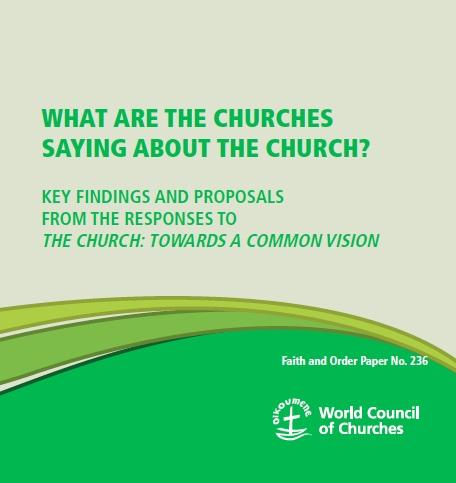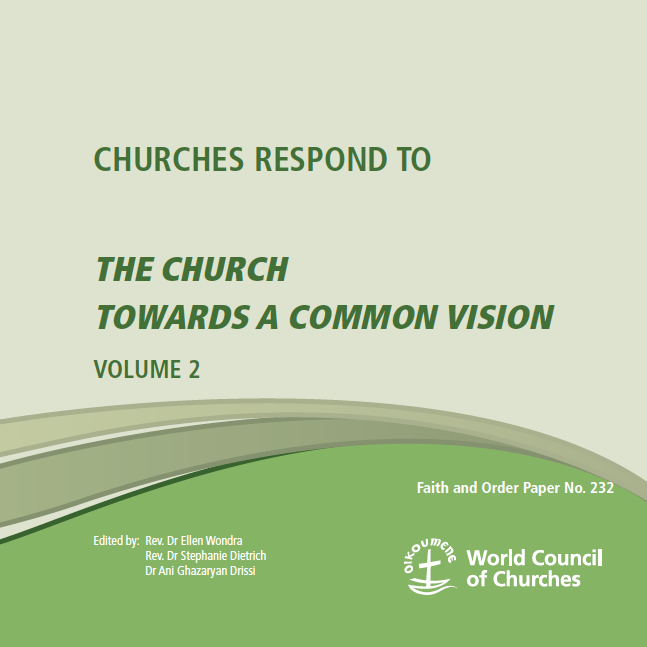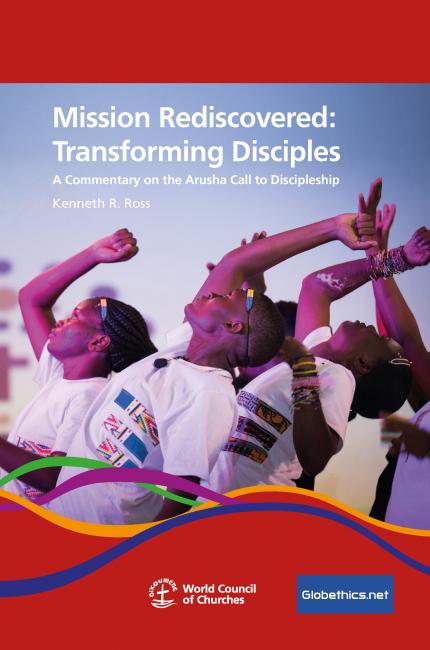Displaying 141 - 160 of 189
EWN members stand in solidarity with water and land defenders
21 September 2021
Churches offer some relief in Kenya’s drought disaster
16 September 2021
Walk the Talk
A Toolkit to Accompany the "Roadmap for Congregations, Communities and Churches for an Economy of Life and Ecological Justice"
31 August 2021
What Are the Churches Saying About the Church?
Key Findings and Proposals from the Responses to The Church: Towards a Common Vision
21 June 2021
Defending the ‘blue soul of life’
08 April 2021
Churches Respond To The Church: Towards A Common Vision Volume I
Faith and Order Paper No. 231
23 February 2021
Churches Respond To the Church: Towards a Common Vision Volume II
Faith and Order Paper No. 232
23 February 2021
Love and Witness
Proclaiming the Peace of the Lord Jesus Christ in a Religiously Plural World
18 January 2021
Mission Rediscovered: Transforming Disciples
A Commentary on the Arusha Call to Discipleship
02 December 2020


















